The International Covenant on Civil and Political Rights, commonly referred to as the ICCPR, is one of the most important international treaties on human rights with the participation of 173 countries in the world. The content of the ICCPR covers all civil and political rights of humans, which can be understood as these rights are associated with any human being from birth to the right to live in peace, security and safety; the right to participate in civil and political life without discrimination. [caption id="attachment_594982" align="alignnone" width="696"]
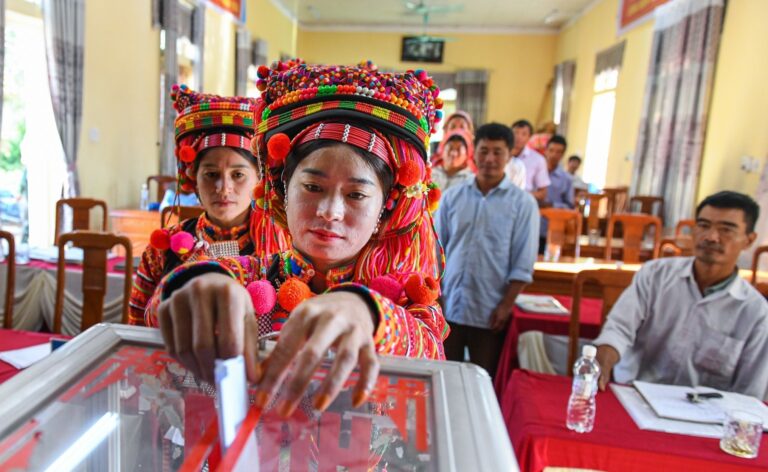
Since joining the ICCPR Convention (1982), Vietnam has made constant efforts to fulfill its obligations as a member state of the ICCPR Convention. (Photo: Nhan Dan Newspaper)[/caption] It can be seen that, with its special and central role in the international legal system on human rights, the implementation of the ICCPR Convention has been, is and will always be an important content in discussions on policies and laws at the international, regional and national levels. Since Vietnam became a member of the United Nations (1977) and joined the ICCPR Convention (1982), Vietnam has made constant efforts to fulfill its obligations as a member state of the ICCPR Convention. This is demonstrated through the work of building and perfecting laws on civil and political rights. On the other hand, promoting the dissemination of laws on civil and political rights with many plans to disseminate the ICCPR Convention at the national level. In addition, Vietnam also strengthens law enforcement in all areas. In more than 40 years of participating in the ICCPR, Vietnam has submitted four national reports in 1989, 2001, 2017 and 2023 respectively. As a member of the ICCPR Convention, Vietnam has made progress in the work of building and perfecting laws, hundreds of laws have been reviewed, built and perfected. In the period from January 2019 to December 2022 alone, Vietnam passed 56 laws and resolutions of the National Assembly related to human rights and civil rights, contributing to concretizing the provisions of the 2013 Constitution as well as international treaties on human rights to which Vietnam is a member. In addition, to fulfill its obligation to respect and protect human rights, Vietnam has continuously improved its legal framework on the organization of the state apparatus, thereby more clearly defining the authority of state agencies related to the protection and guarantee of human rights. Since 2013, the Ministry of Justice has been assigned to be the focal point for implementing the ICCPR Convention. Also in this year, the National Assembly passed the 2013 Constitution with a separate chapter regulating human rights and civil rights. [caption id="attachment_594987" align="alignnone" width="696"]
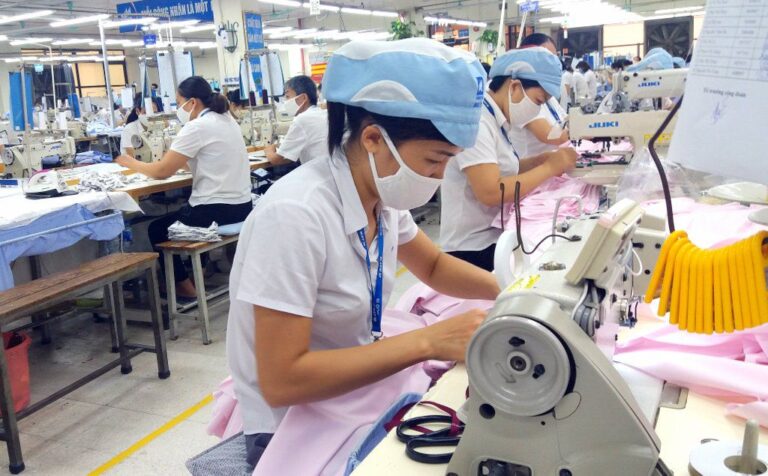
(Illustrative photo: Government Newspaper)[/caption] After more than 40 years of implementing the ICCPR Convention, in addition to the achievements, the implementation of the ICCPR Convention in Vietnam still faces many difficulties and challenges, including challenges due to historical circumstances. With positive socio-economic development results in recent times, Vietnam has made efforts to gradually promote respect, protection and guarantee of human rights. However, the legal framework on human rights in Vietnam is still in the process of being perfected; the capacity to organize and implement the law is still limited because this is an issue that requires large investment and a lot of time. Low understanding and awareness of law observance among the people has significantly affected the effective implementation of the law and the ICCPR Convention. Faced with fluctuations in the regional and international situation such as wars, armed conflicts in some regions, extremism, terrorism occurring in many places in the world, economic recession, rapid development of information technology... are having negative impacts on Vietnam. These challenges not only directly affect each citizen but also disperse the country's resources, reduce the effectiveness of policies to encourage and promote the development of civil and political rights.
Tra Khanh Since joining the ICCPR Convention (1982), Vietnam has made constant efforts to fulfill its obligations as a member state of the ICCPR Convention. (Photo: Nhan Dan Newspaper)[/caption] It can be seen that, with its special and central role in the international legal system on human rights, the implementation of the ICCPR Convention has been, is and will always be an important content in discussions on policies and laws at the international, regional and national levels. Since Vietnam became a member of the United Nations (1977) and joined the ICCPR Convention (1982), Vietnam has made constant efforts to fulfill its obligations as a member state of the ICCPR Convention. This is demonstrated through the work of building and perfecting laws on civil and political rights. On the other hand, promoting the dissemination of laws on civil and political rights with many plans to disseminate the ICCPR Convention at the national level. In addition, Vietnam also strengthens law enforcement in all areas. In more than 40 years of participating in the ICCPR, Vietnam has submitted four national reports in 1989, 2001, 2017 and 2023 respectively. As a member of the ICCPR Convention, Vietnam has made progress in the work of building and perfecting laws, hundreds of laws have been reviewed, built and perfected. In the period from January 2019 to December 2022 alone, Vietnam passed 56 laws and resolutions of the National Assembly related to human rights and civil rights, contributing to concretizing the provisions of the 2013 Constitution as well as international treaties on human rights to which Vietnam is a member. In addition, to fulfill its obligation to respect and protect human rights, Vietnam has continuously improved its legal framework on the organization of the state apparatus, thereby more clearly defining the authority of state agencies related to the protection and guarantee of human rights. Since 2013, the Ministry of Justice has been assigned to be the focal point for implementing the ICCPR Convention. Also in this year, the National Assembly passed the 2013 Constitution with a separate chapter regulating human rights and civil rights. [caption id="attachment_594987" align="alignnone" width="696"]
Since joining the ICCPR Convention (1982), Vietnam has made constant efforts to fulfill its obligations as a member state of the ICCPR Convention. (Photo: Nhan Dan Newspaper)[/caption] It can be seen that, with its special and central role in the international legal system on human rights, the implementation of the ICCPR Convention has been, is and will always be an important content in discussions on policies and laws at the international, regional and national levels. Since Vietnam became a member of the United Nations (1977) and joined the ICCPR Convention (1982), Vietnam has made constant efforts to fulfill its obligations as a member state of the ICCPR Convention. This is demonstrated through the work of building and perfecting laws on civil and political rights. On the other hand, promoting the dissemination of laws on civil and political rights with many plans to disseminate the ICCPR Convention at the national level. In addition, Vietnam also strengthens law enforcement in all areas. In more than 40 years of participating in the ICCPR, Vietnam has submitted four national reports in 1989, 2001, 2017 and 2023 respectively. As a member of the ICCPR Convention, Vietnam has made progress in the work of building and perfecting laws, hundreds of laws have been reviewed, built and perfected. In the period from January 2019 to December 2022 alone, Vietnam passed 56 laws and resolutions of the National Assembly related to human rights and civil rights, contributing to concretizing the provisions of the 2013 Constitution as well as international treaties on human rights to which Vietnam is a member. In addition, to fulfill its obligation to respect and protect human rights, Vietnam has continuously improved its legal framework on the organization of the state apparatus, thereby more clearly defining the authority of state agencies related to the protection and guarantee of human rights. Since 2013, the Ministry of Justice has been assigned to be the focal point for implementing the ICCPR Convention. Also in this year, the National Assembly passed the 2013 Constitution with a separate chapter regulating human rights and civil rights. [caption id="attachment_594987" align="alignnone" width="696"]  (Illustrative photo: Government Newspaper)[/caption] After more than 40 years of implementing the ICCPR Convention, in addition to the achievements, the implementation of the ICCPR Convention in Vietnam still faces many difficulties and challenges, including challenges due to historical circumstances. With positive socio-economic development results in recent times, Vietnam has made efforts to gradually promote respect, protection and guarantee of human rights. However, the legal framework on human rights in Vietnam is still in the process of being perfected; the capacity to organize and implement the law is still limited because this is an issue that requires large investment and a lot of time. Low understanding and awareness of law observance among the people has significantly affected the effective implementation of the law and the ICCPR Convention. Faced with fluctuations in the regional and international situation such as wars, armed conflicts in some regions, extremism, terrorism occurring in many places in the world, economic recession, rapid development of information technology... are having negative impacts on Vietnam. These challenges not only directly affect each citizen but also disperse the country's resources, reduce the effectiveness of policies to encourage and promote the development of civil and political rights. Tra Khanh
(Illustrative photo: Government Newspaper)[/caption] After more than 40 years of implementing the ICCPR Convention, in addition to the achievements, the implementation of the ICCPR Convention in Vietnam still faces many difficulties and challenges, including challenges due to historical circumstances. With positive socio-economic development results in recent times, Vietnam has made efforts to gradually promote respect, protection and guarantee of human rights. However, the legal framework on human rights in Vietnam is still in the process of being perfected; the capacity to organize and implement the law is still limited because this is an issue that requires large investment and a lot of time. Low understanding and awareness of law observance among the people has significantly affected the effective implementation of the law and the ICCPR Convention. Faced with fluctuations in the regional and international situation such as wars, armed conflicts in some regions, extremism, terrorism occurring in many places in the world, economic recession, rapid development of information technology... are having negative impacts on Vietnam. These challenges not only directly affect each citizen but also disperse the country's resources, reduce the effectiveness of policies to encourage and promote the development of civil and political rights. Tra Khanh







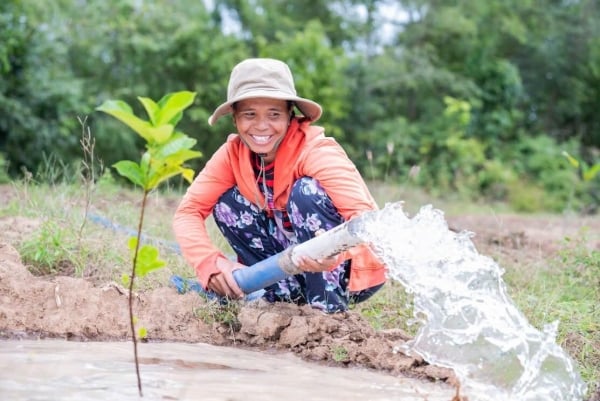

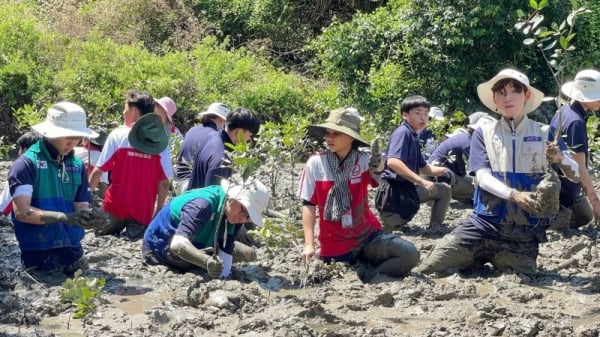

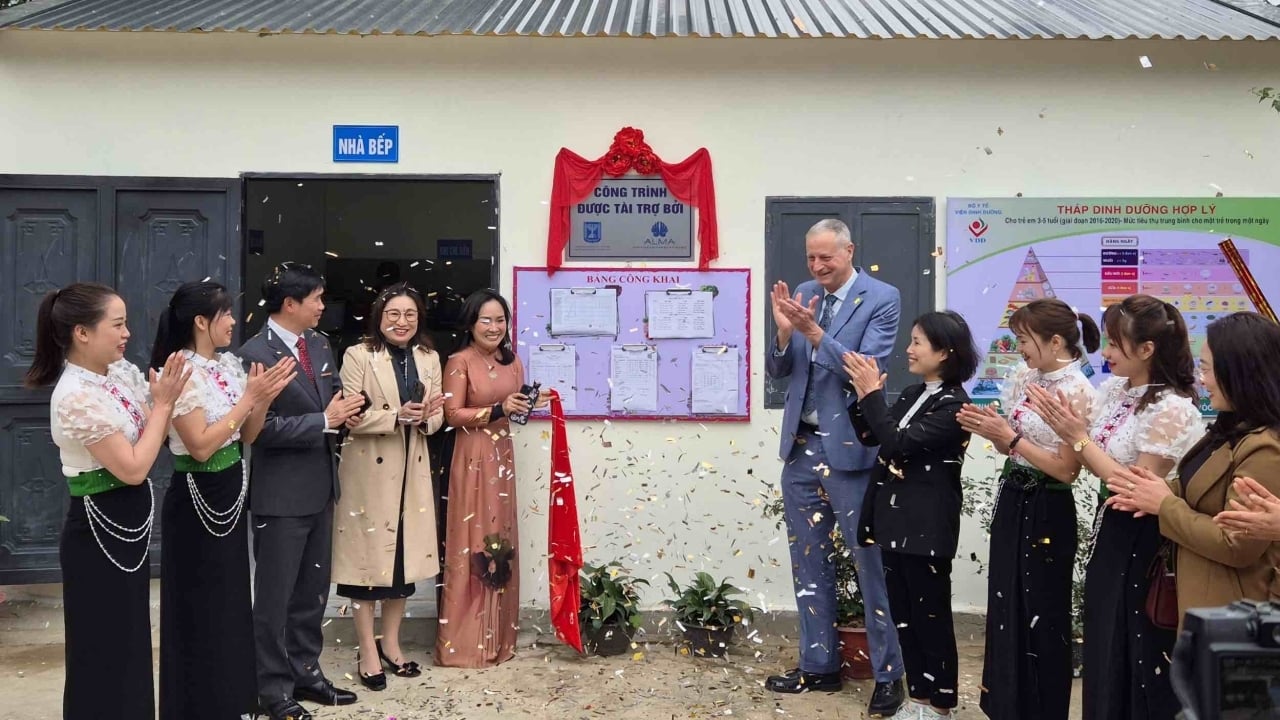
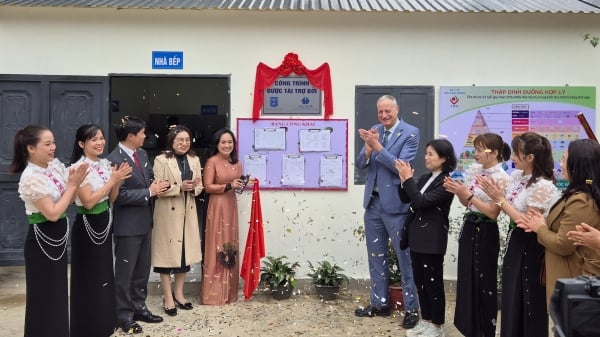
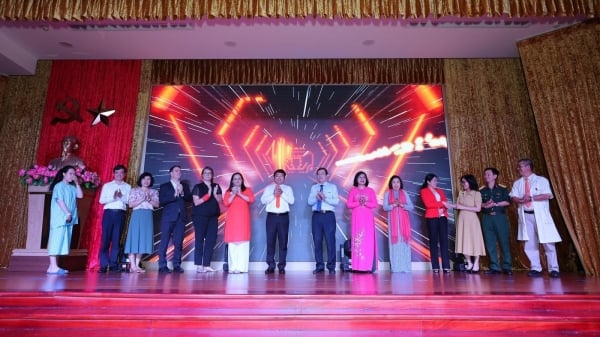
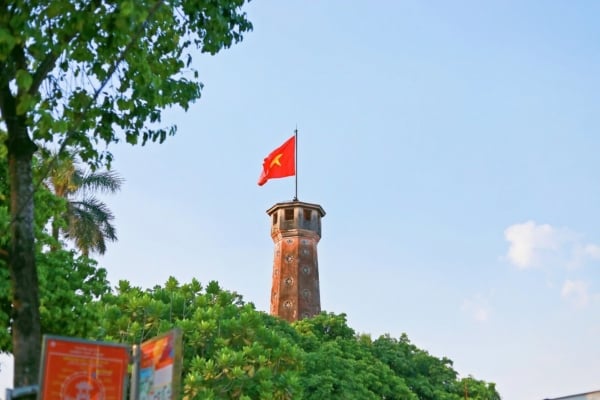
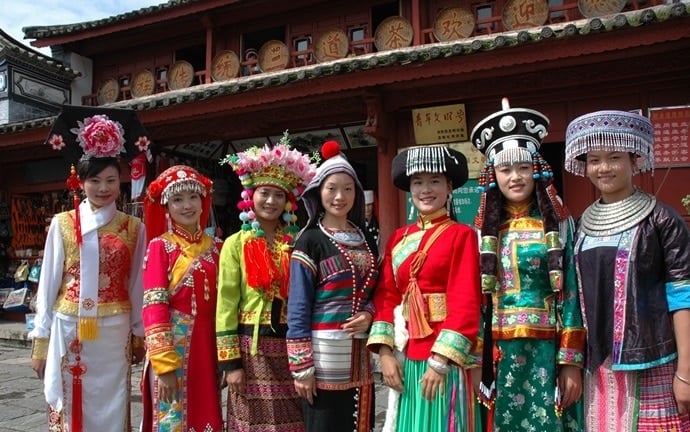
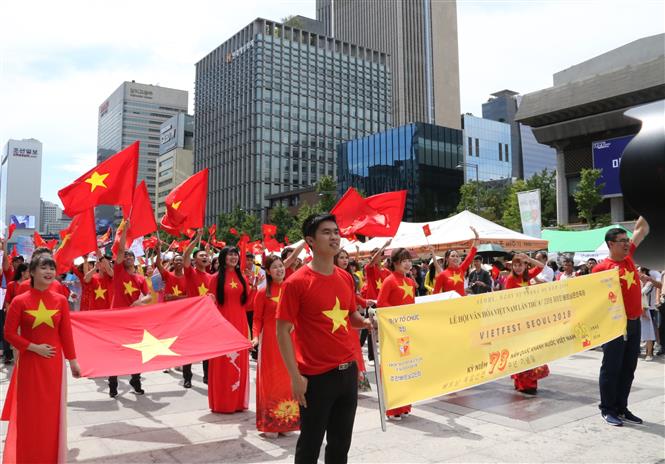
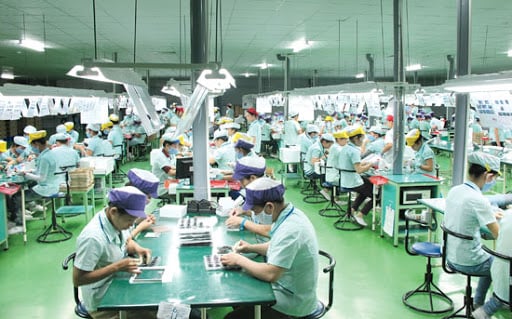
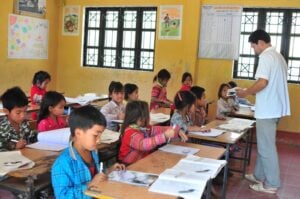
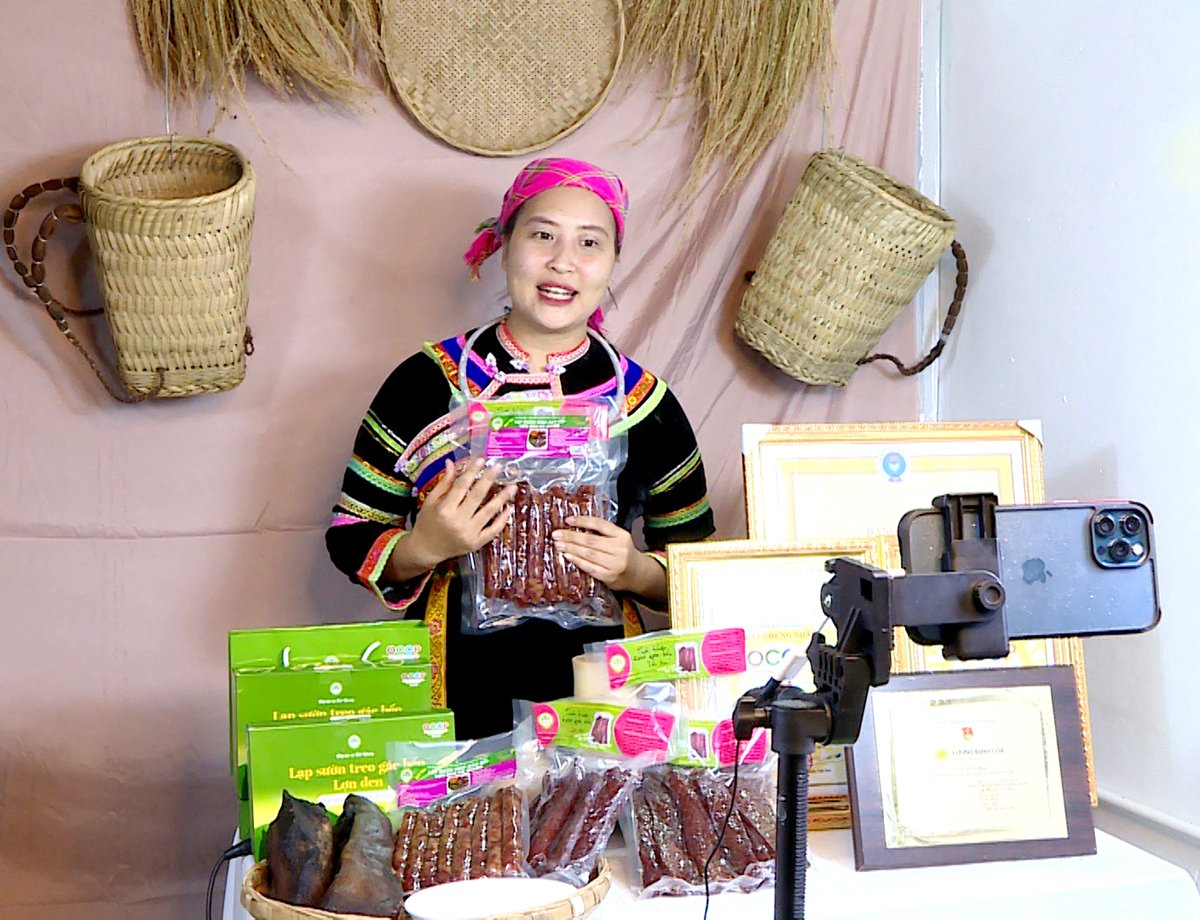
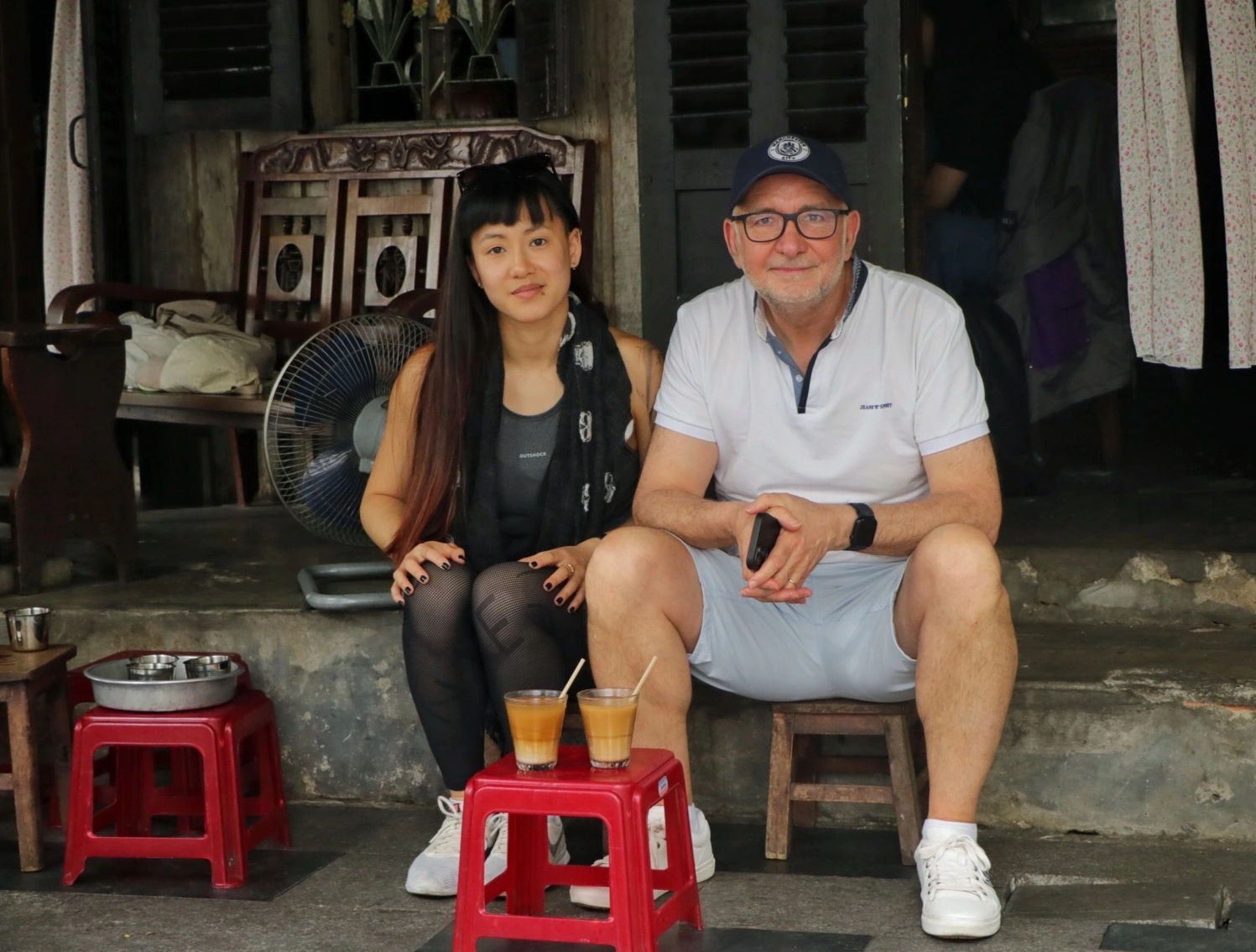

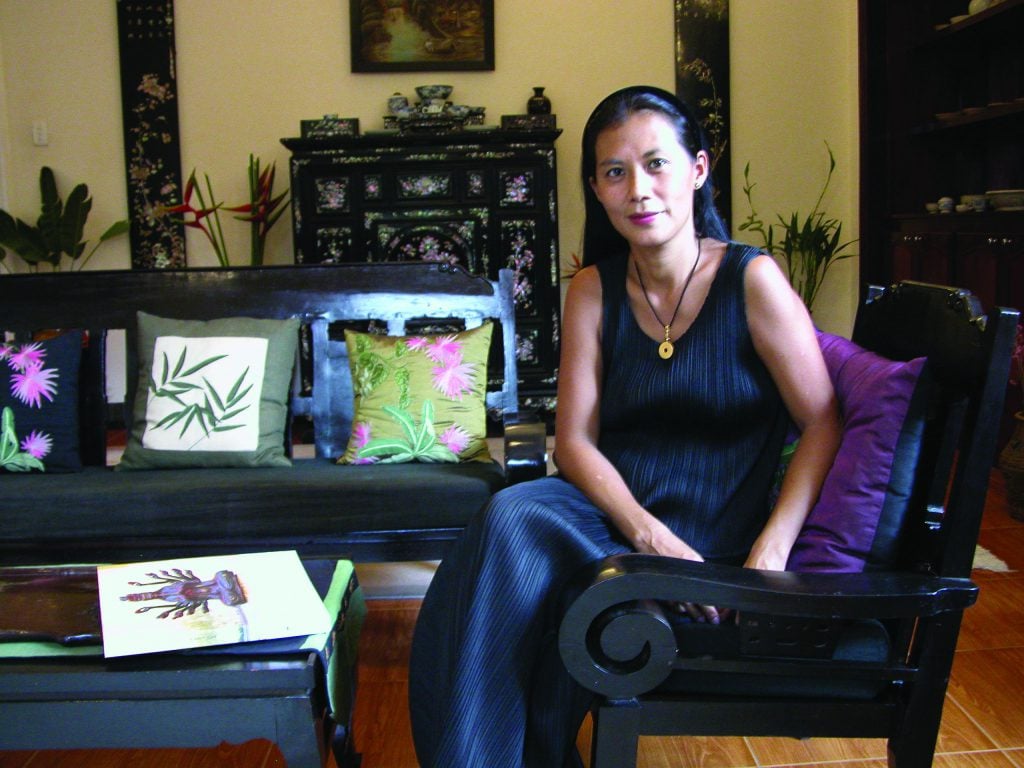

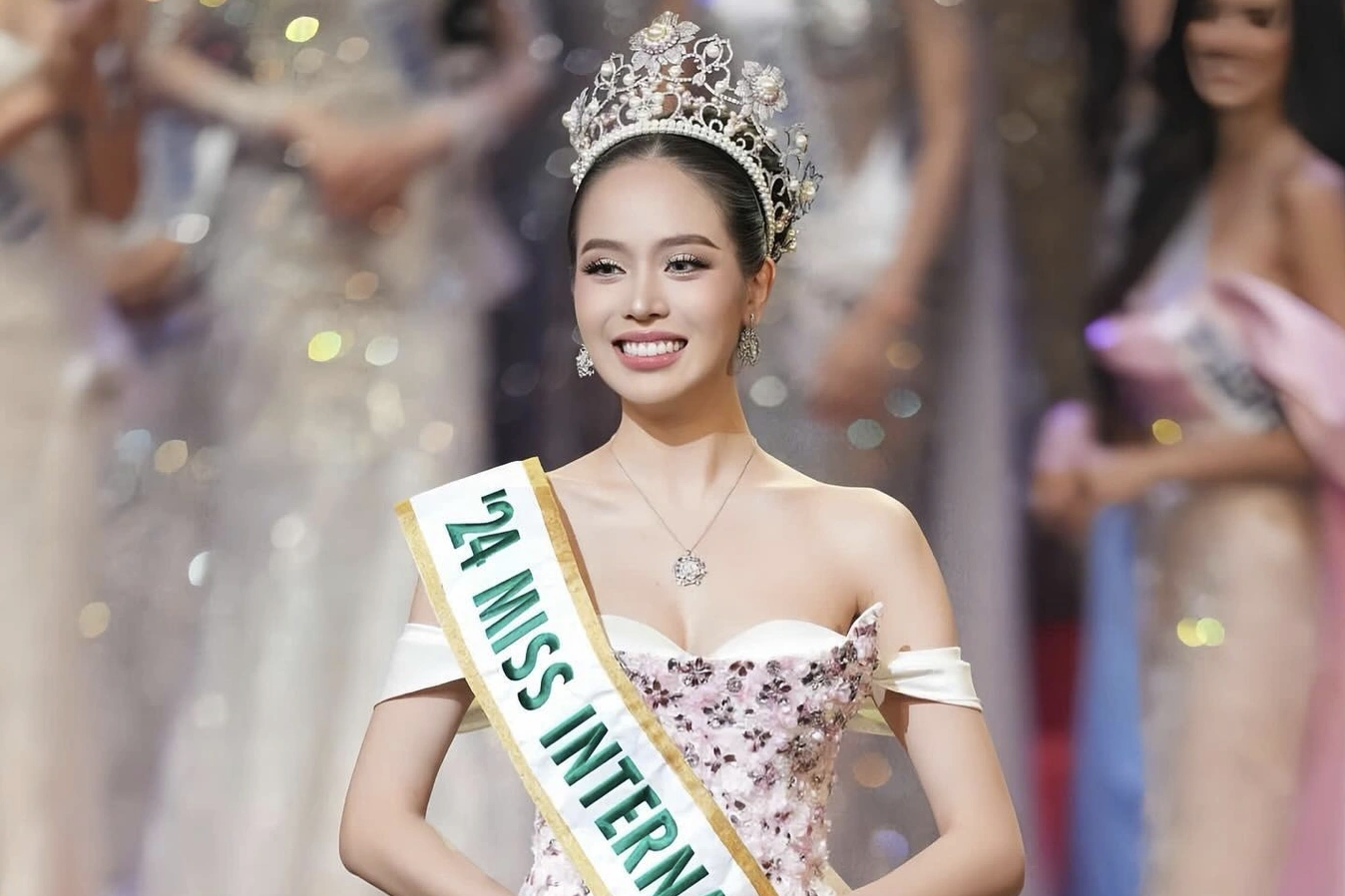

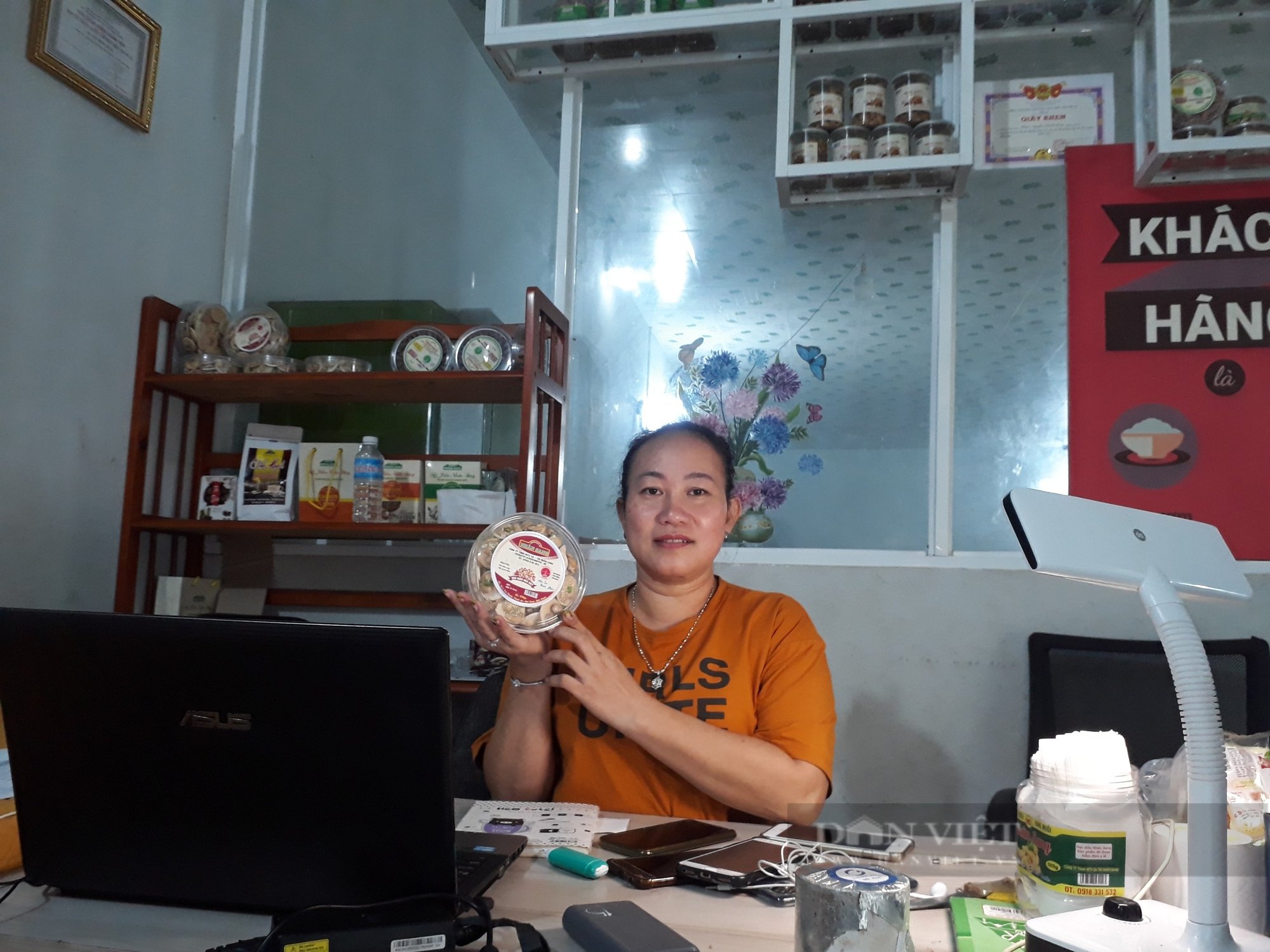

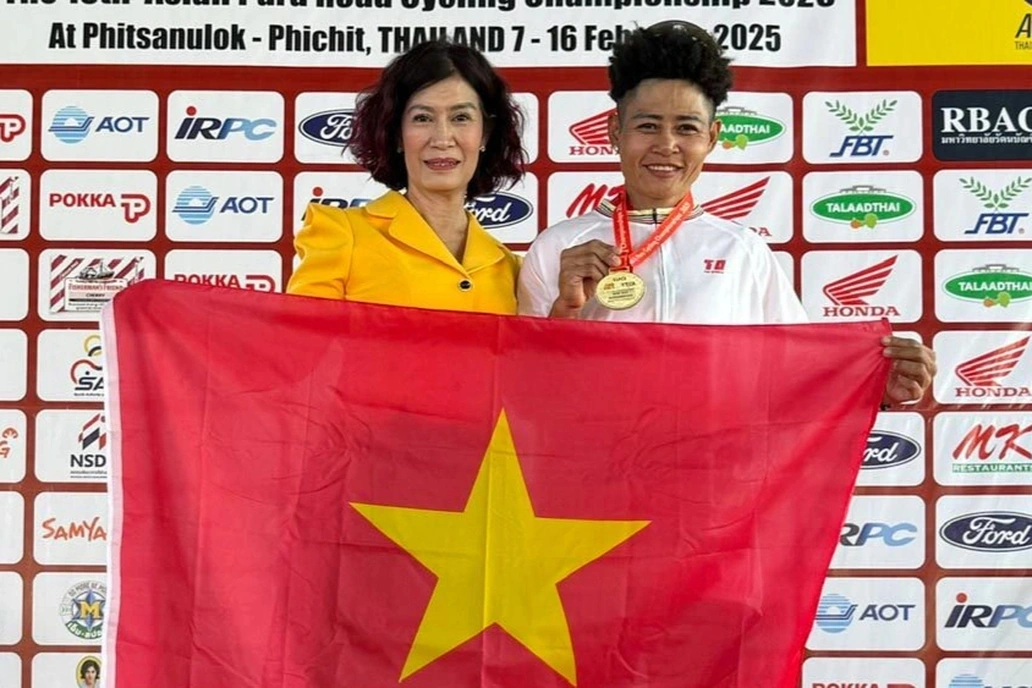
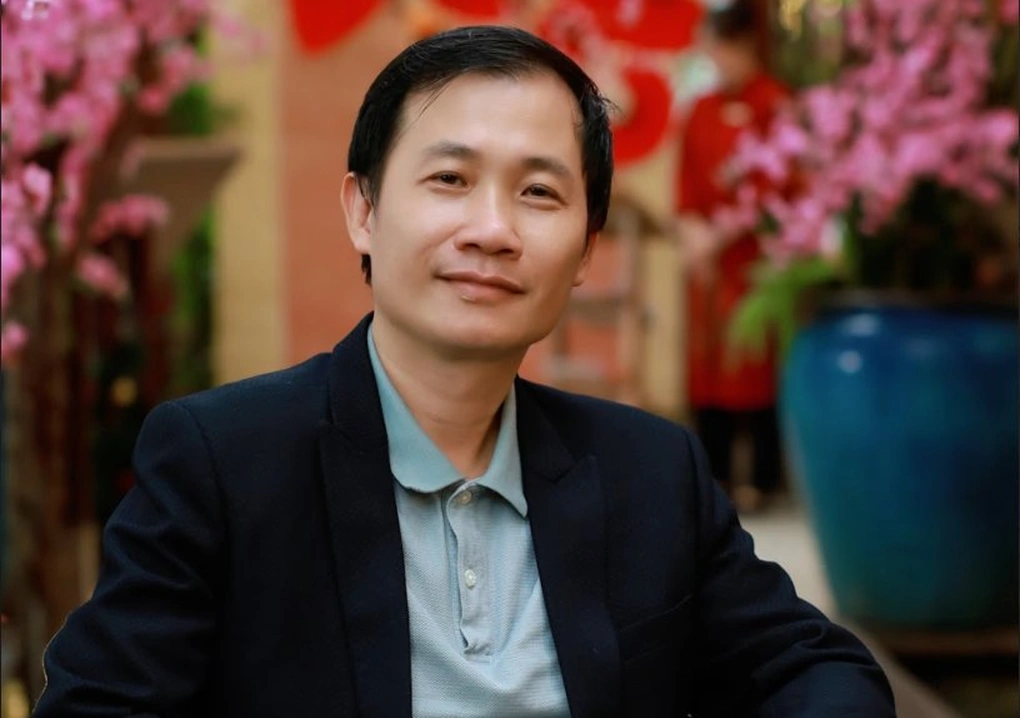


Comment (0)